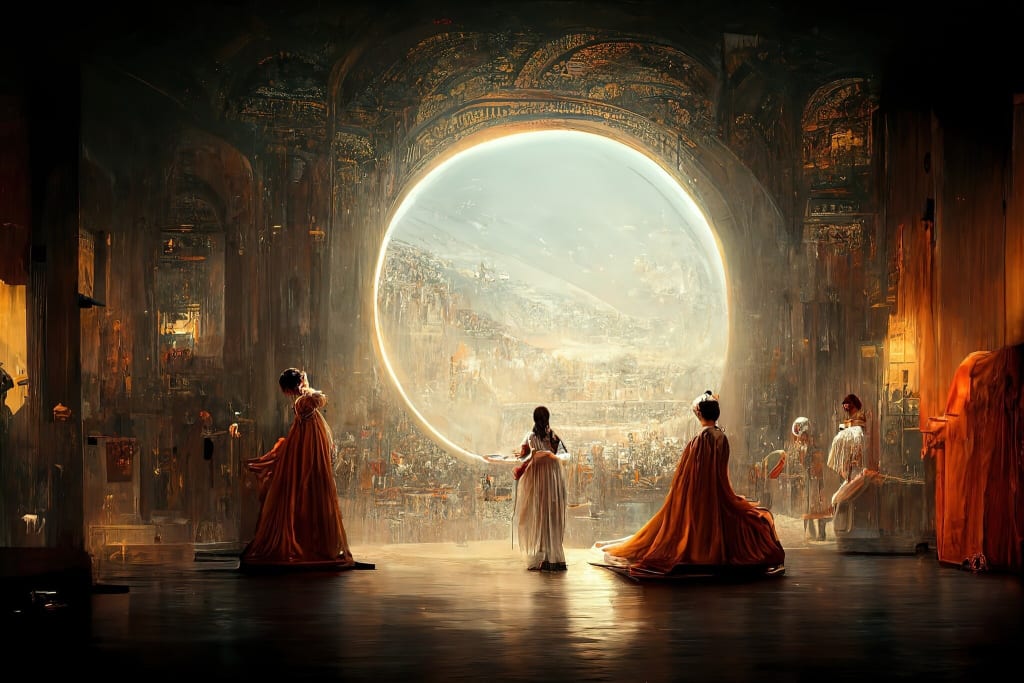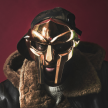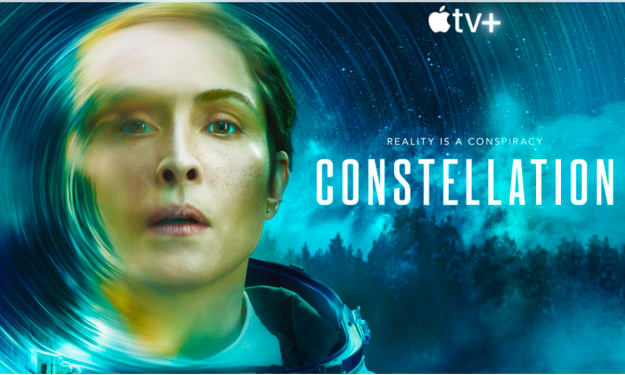"Real" Artists vs. AI Artists
Are artists using artificial intelligence not real artists?

The use of artificial intelligence (AI) in the art world has been a topic of much debate in recent years. While some artists see AI as an exciting new development that has the potential to push the boundaries of art and democratize creativity, others view it as a fraud and not real art. In this article, we will explore the opinions of real artists on the use of AI in the art world, and delve into the question of authorship when it comes to AI-generated art.
On one hand, some artists see AI as an exciting new development that has the potential to push the boundaries of art and democratize creativity. Joshua Davis, a digital artist, has said that he welcomes the emergence of AI in the art world. "I think it's exciting," Davis said in an interview with Artsy. "I think it pushes the boundaries of what's possible." He goes on to say that AI can help artists to "explore new forms and new ways of working" and that it can be a "great tool" for artists to use.
Similarly, Refik Anadol, a media artist, has also expressed a positive view on the use of AI in art. In an interview with The Creators Project, Anadol said, "I believe that AI will empower artists to create new forms of expression, new aesthetics, and new narratives that were not possible before." He goes on to say that AI will allow artists to "augment human creativity" and that it has the potential to "democratize creativity."
Anadol's work is a great example of how AI can be used to create art that would not be possible without it. His project called "Mediahaven" is a data-driven installation that generates an immersive, ever-changing environment based on the architecture, history, and social media data of a specific location. The installation uses machine learning algorithms to analyze data and create a dynamic, interactive experience that is unique to each location.
However, not all artists share this optimistic view. Painter and digital artist, David Hockney, has been vocal about his skepticism towards AI-generated art. In an interview with the Financial Times, Hockney said, "I think it's a fraud." He goes on to say that AI-generated art is "not art" and that it is "just a trick." Similarly, Painter and Printmaker, David Diao also express his skepticism about AI art by saying, "I’m not convinced that AI can make art, it can make images, but not art."
Hockney and Diao's skepticism is rooted in the belief that true art must be the product of human creativity and emotion. They argue that AI-generated art lacks the human touch and emotion that is often considered to be a crucial aspect of true art. It is hard to argue with this perspective as art has always been a medium for human expression and AI is not capable of feeling emotions.
Another important consideration is the question of authorship when it comes to AI-generated art. Who should be credited for the work, the artist who programmed the AI, or the AI itself? This is a question that has yet to be fully answered, but it is an important one to consider as it has implications for the art world and for the artists themselves.
From my perspective, I can understand both sides of the argument. On one hand, AI can be seen as a tool that can help artists to create new forms of art and expand their creative possibilities. On the other hand, there is a valid argument that AI-generated art lacks the human touch and emotion that is often considered to be a crucial aspect of true art. Additionally, I believe that it's important to consider the question.






Comments
There are no comments for this story
Be the first to respond and start the conversation.